
How Much Time Does Humanity Have Left?
Statistics tell us that individuals are most likely to be somewhere around the middle part of their life. The same could be true of the human race
Avi Loeb is the head of the Galileo Project, director of the Institute for Theory and Computation at the Center for Astrophysics | Harvard & Smithsonian, founding director of Harvard University’s Black Hole Initiative, and the former chair of the Harvard astronomy department (2011-2020). He is a former member of the President’s Council of Advisors on Science and Technology and a former chair of the Board on Physics and Astronomy of the National Academies. He has published more than a thousand peer-reviewed papers and is the bestselling author of Extraterrestrial and Interstellar and a co-author of the textbooks Life in the Cosmos and The First Galaxies in the Universe.

How Much Time Does Humanity Have Left?
Statistics tell us that individuals are most likely to be somewhere around the middle part of their life. The same could be true of the human race

Watching the Universe Expand in Real Time
Within a decade or two, we could observe the cosmic expansion, not as a series of snapshots but as a very slow-motion film
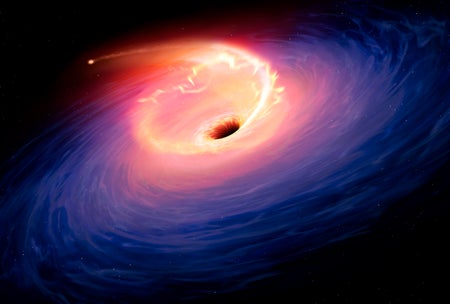
Stars That Race through Space at Nearly the Speed of Light
Some are blasted out of galaxies by interactions with black holes; others, which orbit supermassive black holes, can smash together in titanic explosions
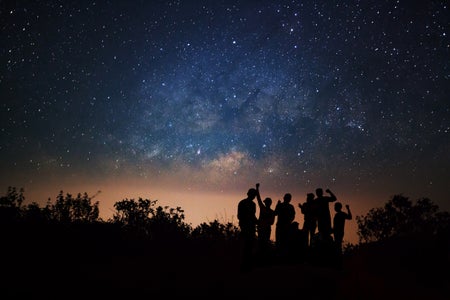
Scientists Should Never Stop Being Students
Being too comfortable with the universe as it’s “supposed to be” is harmful to creative thinking
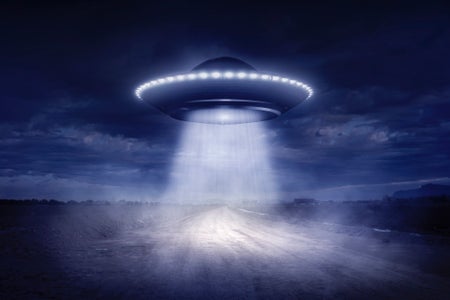
What Should We Do if Extraterrestrials Show Up?
It’s hard to say at this point, but a crucial first step is to establish whether they exist so any future arrival won’t come as a complete surprise
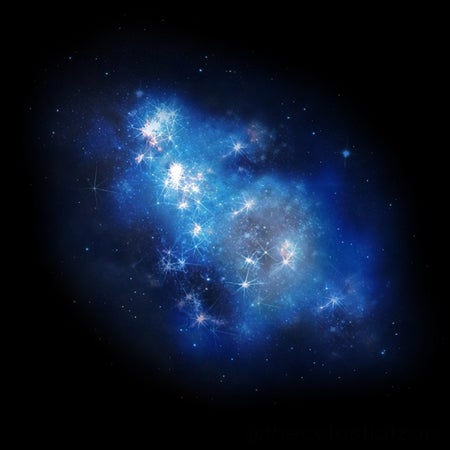
When Did Life First Emerge in the Universe?
We don’t know, but we could try to find out by searching for it on planets orbiting the very oldest stars
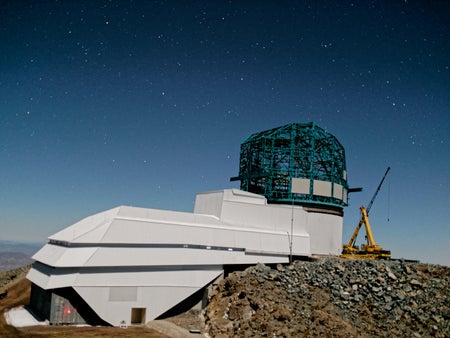
How to Photograph a (Possible) Alien Artifact
We don’t know if the interstellar object ‘Oumuamua was natural or artificial—but a new telescope coming online in a few years could help us identify the next one
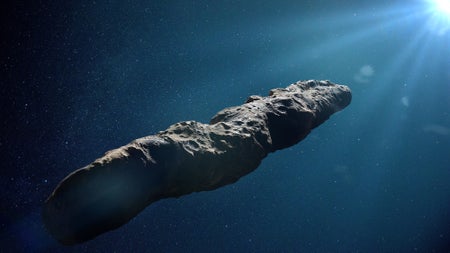
Was the Interstellar Object ‘Oumuamua a Nitrogen Iceberg?
If so, as has recently been suggested, there are likely many more such icebergs moving between star systems

To Qualify as ‘Scientific,’ Evidence Has to Be Reproducible
We can never be sure if the interstellar object ‘Oumuamua, for example, was artificial—but we could be ready to answer that question for such a visitor in the future
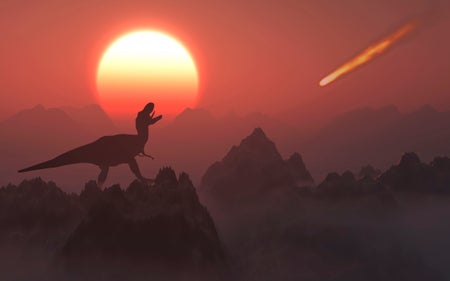
The Shrapnel That Killed the Dinosaurs
Science provides knowledge of objects that threaten Earth and the means to deflect them
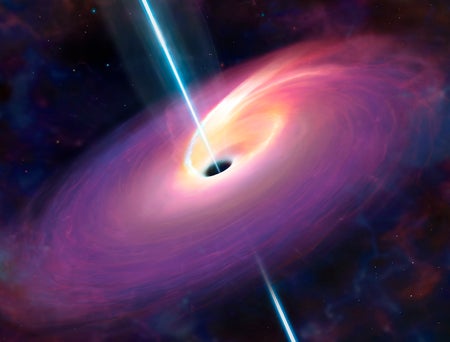
Did a Supermassive Black Hole Influence the Evolution of Life on Earth?
The idea isn’t as absurd as it might sound

Experimental Tests of Theology
It’s understandable why some people prefer not to test their beliefs, but evidence-based science teaches us that reality does not go away when you ignore it
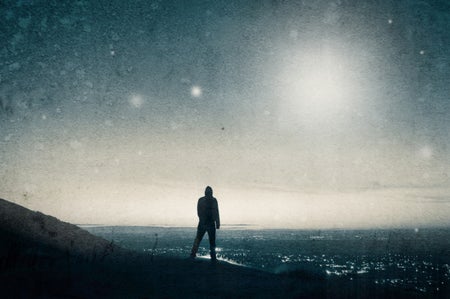
Why Do We Assume Extraterrestrials Might Want to Visit Us?
The idea presumes we’re inherently fascinating, but that’s not necessarily the case
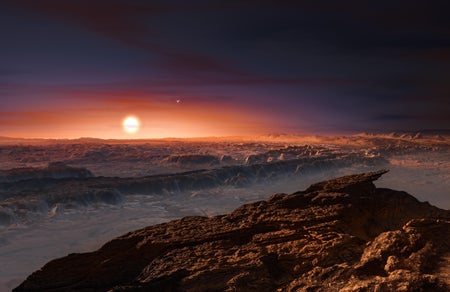
Did We Receive a Message from a Planet Orbiting the Nearest Star?
A radio blip, seemingly from Proxima Centauri, where an Earth-size planet world orbits in the habitable zone, is tantalizing—but it’s probably not a signal from aliens
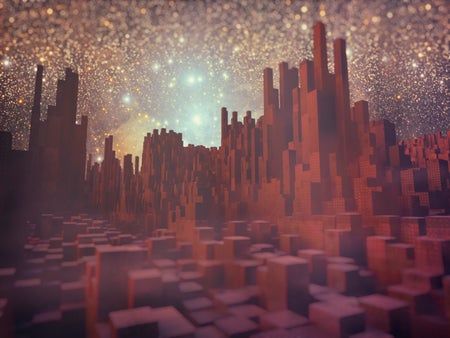
The Cosmic Dawn of Technology
Earth may well be a latecomer to the fraternity of technological civilizations
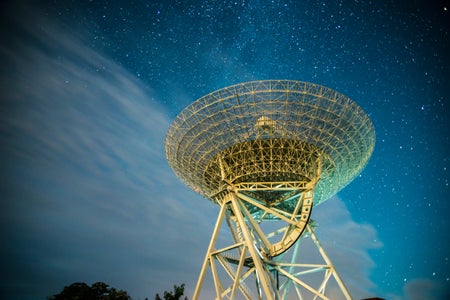
Let’s Search for Alien Probes, Not Just Alien Signals
“Multimessenger” SETI would broaden the quest to find celestial companions

Endless Creation Out of Nothing
Could our universe have been an experiment by an ancient civilization?
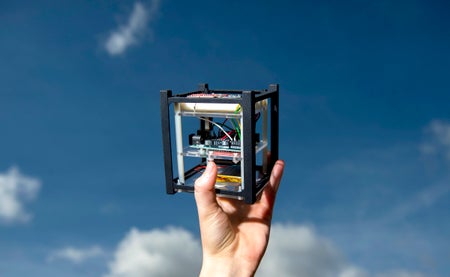
Noah’s Spaceship
A craft built to save Earth’s biodiversity from a planetary crisis would be far tinier—but vastly more far-reaching—than the biblical Ark

The Scientific Benefits of Social Distancing
Avoiding too much direct contact with colleagues can lead to more independent thinking

The Empty Half of the Glass May Also Be Full
How many scientific breakthroughs have been lost because they came from outside the mainstream?
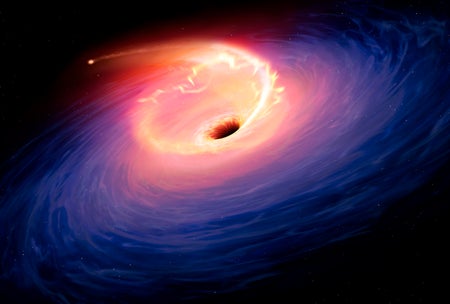
Black Holes Are Finally Trending
A Nobel Prize is just the latest proof that a concept rejected by Einstein in 1939 has become one of the hottest topics in physics
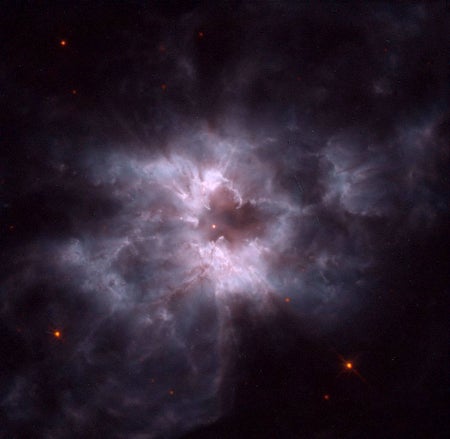
Living near a White Dwarf
A planet orbiting the glowing corpse of a sunlike star might be a surprisingly benign place to be

Searching for the Atoms of Life
Any extraterrestrial organisms we find will be made of the same atoms we are—yet their existence will be profoundly important to us nonetheless

Academia after COVID
The pandemic offers colleges and universities an unexpected opportunity to reinvent themselves in ways that better serve students and faculty